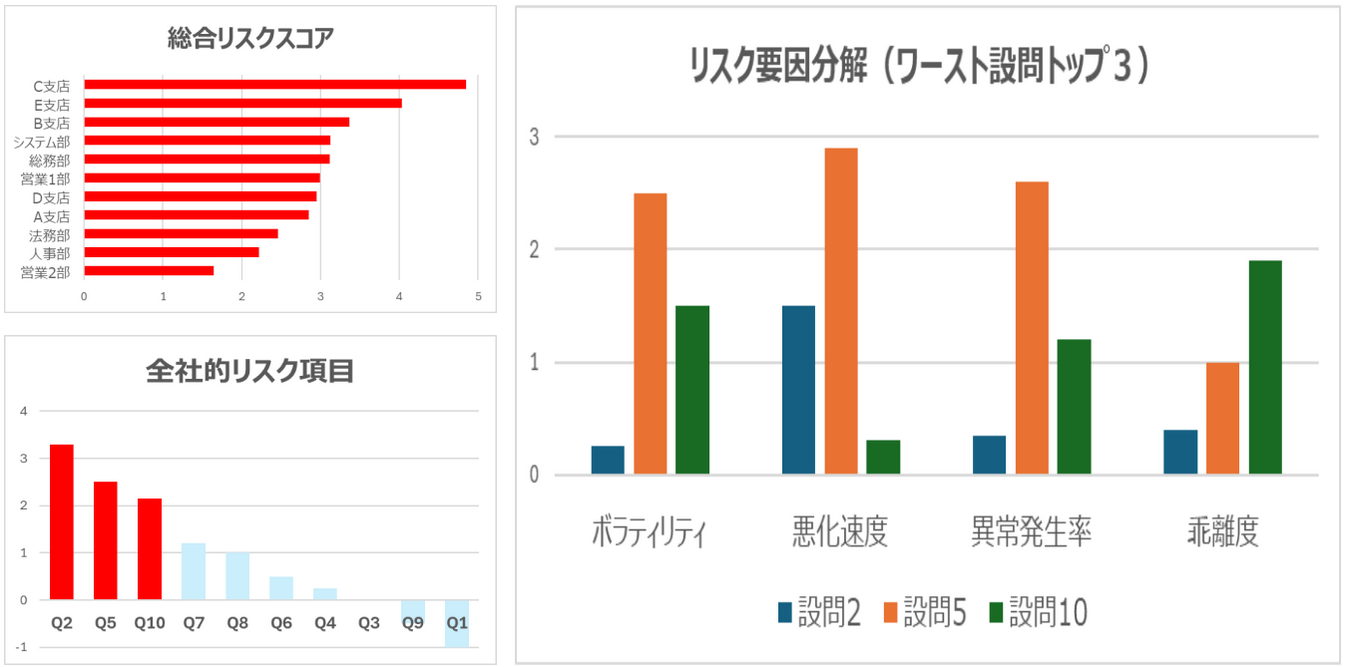URUMQI, China, June 23, 2025 /PRNewswire/ — On June 20th, State Grid Xinjiang Information & Telecommunication Company successfully completed the deployment and optimization of its knowledge service infrastructure, achieving unified management of cross-professional and internal/external knowledge resources.
Currently, while the application of artificial intelligence continues to deepen, challenges remain in the knowledge service system and processing modes, which struggle to meet the demands of various specialized fields. Key pain points include the limitations of large models, the fragmentation of knowledge within the power industry, and low application efficiency. As the core infrastructure supporting the construction of the new power system, this platform aims to establish a comprehensive knowledge hub for the entire business chain, integrating industry knowledge resources and overcoming technical application bottlenecks. By leveraging RAG (Retrieval-Augmented Generation) technology, a mechanism combining “large model context learning” with “high-quality external knowledge input” has been established. Through precise retrieval of knowledge fragments and fusion of multi-source data, the recall accuracy rate has been enhanced to 94.7%, significantly surpassing traditional vector retrieval methods. This ensures the authority and precision of the output content.
The knowledge service infrastructure platform possesses three core capabilities: integrated retrieval of internal and external knowledge bases, intelligent extraction of multimodal information, and advanced question-answering and data analysis functionalities. It employs a visual configuration system and provides flexible RAG policy support, enabling synchronous retrieval and intelligent matching across multi-source knowledge bases. To date, the company has gathered 19 requirements for RAG knowledge base construction and over 19,000 knowledge documents. Among these, 710 documents related to the intelligent judgment scenario of power economic relations have undergone knowledge slicing processing and knowledge space construction testing. The scenario application has been successfully integrated via API interfaces, with the recall accuracy of slice data increasing by more than 40% compared to the original method, thereby significantly enhancing the accuracy of question answering. This transformation markedly improves work efficiency and quality, driving a profound shift across professional domains from “experience-driven” to “knowledge-driven.”
Moving forward, State Grid Xinjiang Information & Telecommunication Company will continue to refine the knowledge service infrastructure platform, promoting iterative functional improvements. Persistent efforts will be made in knowledge internal storage management and regular operational support to ensure that the infrastructure services remain both applicable and user-friendly, while maintaining the authority and timeliness of knowledge content. This initiative effectively fosters the deep integration of artificial intelligence technology with power grid construction.


